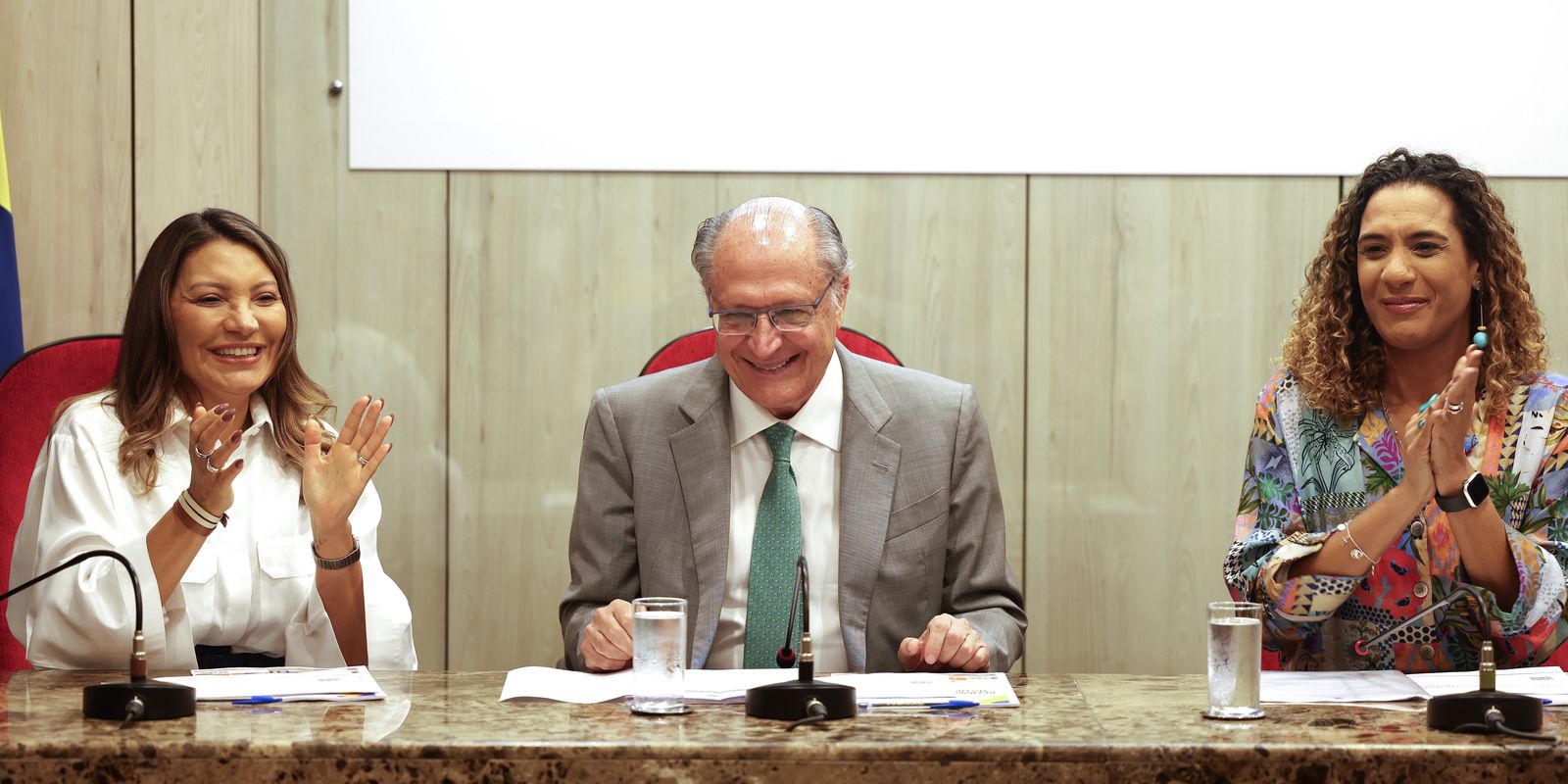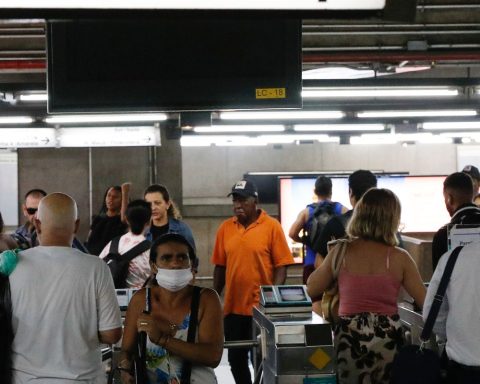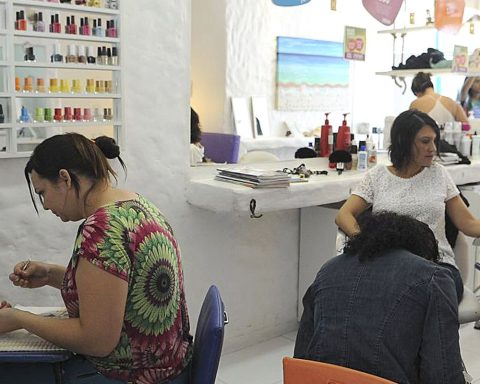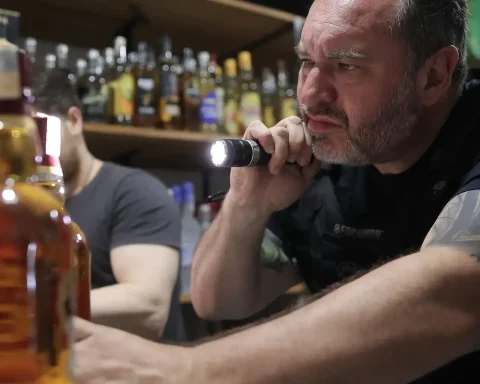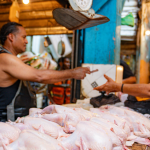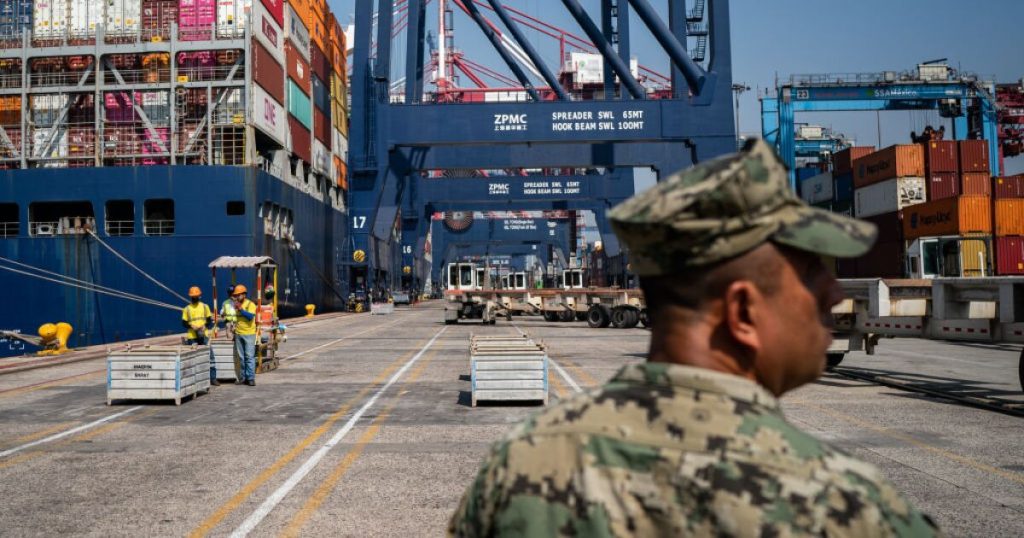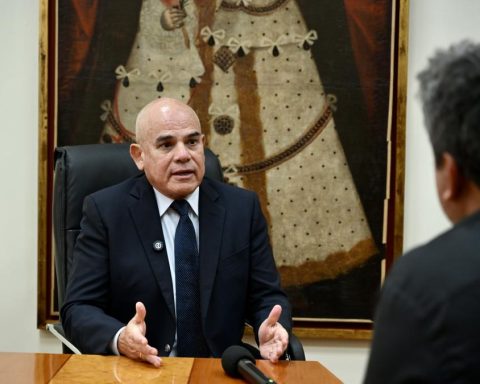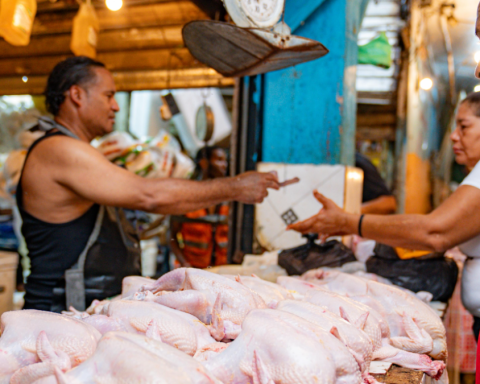The presence of black and brown workers in foreign trade companies has increased over the last decade, but racial inequality remains stark in the sector. This is according to a study carried out by the Secretariat of Foreign Trade (Secex), of the Ministry of Development, Industry, Commerce and Services (Mdic), the results of which were presented this Thursday (7).
To reverse this situation, the vice-president of the Republic and minister of Development, Industry, Commerce and Services (MDIC), Geraldo Alckmin, and the minister of Racial Equality, Anielle Franco, launched a federal program to encourage the hiring of more black workers and black people by importing and exporting companies.
Named Raízes Comex, the program will seek to strengthen the international visibility of Brazilian products and services offered by black entrepreneurs, expanding the reach of these businesses in global markets.
With the support of partner entities, such as the National Confederation of Commerce of Goods, Services and Tourism (CNC), the government intends to mobilize the business sector in favor of actions that promote racial diversity in foreign trade and increase the participation of black entrepreneurs and professionals. in foreign trade through incentives, technical training, mentoring and support networks.
Study
The search Foreign Trade and Racial Representation in the Brazilian Labor Market reveals that the percentage of black men and women hired by exporting firms rose from 34% to 41% between 2011 and 2021. In importing companies, it increased from almost 40% to approximately 48% in the same period.
The percentages are even lower when analyzing only the management positions of these companies. In the case of exporting companies, in 2021, black workers occupied around 20% of management and management positions. In importing companies, no more than 34% of these key positions. By way of comparison, in companies that do not operate in foreign trade, the proportion of black workers in management positions is 23.6% and 34.5% in management positions.
According to the general coordinator of foreign trade studies at Mdic, Diego de Castro, in exporting and importing companies, the salary gap between the group of workers who earn more (yellow and white) and those who earn less (black and brown) is higher than that found in firms that do not participate in foreign trade.
On average, a black worker receives the equivalent of 61% of what is paid to a white employee who performs the same functions. Women receive even lower average salaries when compared to men in their same racial groups. However, even though they are targets of gender discrimination, white women who occupy the positions of managers and directors tend to receive, on average, more than their black counterparts – including men.
“Apparently, the racial factor is stronger in determining this salary difference, since white women in these positions receive higher salaries even than black men”, added Castro, explaining that the study, unprecedented in Brazil, can serve to guide public policies to promote greater racial representation in foreign trade.
Mdic’s Secretary of Foreign Trade, Tatiana Prazeres, also highlighted the importance of the research. “Companies that participate in foreign trade are more innovative, resilient, productive, pay their employees better and hire more qualified labor”, commented the secretary, highlighting that, as pointed out in the state, companies focused on foreign trade have more employees with complete higher education, of all races, than those who do not participate in the segment.
“Making the black population participate in this activity is something that interests us. And making companies recognize and value diversity in their workforce is also important for the positioning of Brazilian products and services abroad”, concluded Tatiana Prazeres.
Inclusion
Later this month, Mdic will launch, in partnership with ApexBrasil, the notice for the 1st Prize for Inclusion and Racial Diversity in Foreign Trade, aimed at companies operating in foreign trade, or with the potential to do so, that have black people as presidents, in corporate composition or in management positions. 27 companies will be selected, in two categories, which will receive public support to participate in international trade promotion events or offer their products and services in other markets.
For Minister Anielle Franco, a study like the one carried out by Mdic and released today “proves the importance and effectiveness of thinking about public policies that remain, which are not public policies just for the government, but for the State”.
Alckmin interpreted the research results as an “opportunity”. “Once the diagnosis is made, what is the medicine? What are we going to do to boost opportunities and generate a greater presence in foreign trade [brasileiro]. The first initiative will be the prize. The second measure is training young people, so that they can participate more”, commented the vice-president, referring to the offer of assistant and assistant courses in foreign trade.
The courses will be offered in the online and in person, with the support of several partners. that of an assistant, onlinewill last 90 hours. There will be 200 semester-long vacancies exclusively for young black people aged between 15 and 29 years old. The assistantship will be offered by the National Commercial Learning Service (Senac) and will last 160 hours. Initially, 200 semester places will be made available to black students, 20 places per city in the main port and airport areas: Salvador (BA), Fortaleza (CE), Vitória (ES), Paranaguá (PR), Recife (PE), Rio de Janeiro (RJ), Rio Grande (RS), Itajaí and São Francisco do Sul (SC) and Santos (SP).
